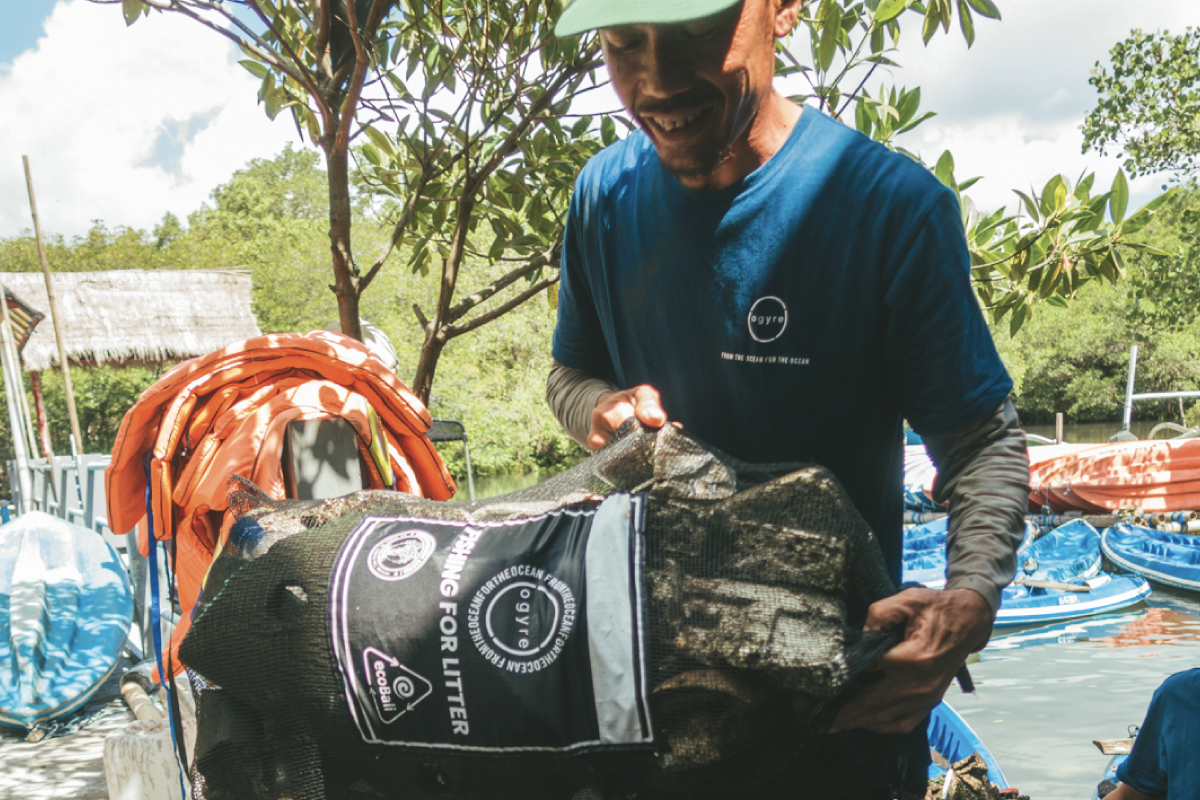Sustainability is an increasingly important asset for companies. HR strategies can be an added value and a tool to communicate companies' commitment to the environment to both stakeholders and employees.
 Sustainability is much more than a 'trend of the moment'. It is a value that every company must make its own, cherish and convey on a daily basis, not only to achieve marketing goals, but above all to be an example for partners, customers, employees, and future generations.
Sustainability is much more than a 'trend of the moment'. It is a value that every company must make its own, cherish and convey on a daily basis, not only to achieve marketing goals, but above all to be an example for partners, customers, employees, and future generations.When you firmly believe in something, like the importance of sustainability, you must not only focus on communicating your commitment externally. You need to make sustainability a shared value within the organisation, going beyond production processes and marketing actions.
Sustainability is often only linked to environmental issues, such as energy savings or waste management. Yet, it also has an economic dimension (which is also expressed through the adoption of a circular economy, namely by rethinking production and consumption models to reduce waste) and a social dimension, which envisages unity and collaboration to achieve common goals that guarantee equality and equal opportunities, ensuring that individual needs for health and well-being are met.
In a business, HR plays a key role in promoting social and environmental sustainability, which is called upon to implement policies that ensure the well-being of employees, but also to involve and raise awareness of environmental issues to make them an active part of the company's sustainable commitment.
Defending the environment is a priority for Millennials (born between 1983 and 1994) and Gen Z (born between 1995 and 2003), as revealed by Deloitte's Millennial Survey 2021, the study on the "sentiment" of these two generations in Italy and around the world. According to this study, in the year following the pandemic outbreak, concern for the environment represented a third of the main causes of stress for this generation (26%).
The 2022 Millennial Survey confirmed this generational concern, to the extent that:
- 95% of Millennials and 96% of GenZ in Italy state that they are willing to make an effort to protect the environment (globally, 90% of Millennials and GenZ seek to reduce their environmental impact)
- 42% of Italian GenZ and 37% of Millennials said that climate change is the number one challenge they face.
Ipsos data confirms these trends, at least for Gen Z, with 41% of younger people declaring that environmental protection is a priority.
HR strategies for communicating sustainability
How can a company communicate environment respect and raise awareness with the most reluctant staff members?
The first solution should be to rely on HR departments and promote Sustainable Human Resource Management. This translates in using HR tools aimed at integrating sustainability goals into organisations. The intent of Sustainable HRM is to make corporate sustainability goals and strategies operational through the use of HR policies and practices that enhance employee equality, development and well-being while being useful and effective in protecting the environment.
HR can therefore leverage the SDGs of the 2030 Agenda to propose initiatives that are useful for the achievement of the UN goals. For example, teambuilding activities can take an environmental twist, such as sailing, canoeing, or kayaking trips to collect waste at sea. These initiatives address Goal 14 of the UN 2030 Agenda: 'Life under water - Conserve and sustainably use the oceans, seas and marine resources for sustainable development'.
To communicate a company's focus on sustainability and raise employee awareness of this issue, HR can promote partnerships with companies that collect and properly dispose of waste - for example, from the sea - to jointly achieve sustainable goals (Goal 17).
These initiatives not only generate benefits for the environment and make employees aware of the importance of sustainability, but also have positive effects on the company itself. Sustainable activities improve employee engagement, because they make employees feel part of a shared project and goal. An employee who feels involved and engaged in the activities and an integral part of achieving the company's goals is more productive and stimulated to pass on the company's values to customers.
Communicating corporate sustainability to employees is also useful for employer branding, to make the organisation more attractive to new talent. Finding out that you share important values with your new organisation, such as environmental awareness, can make all the difference and be one more reason to apply.


